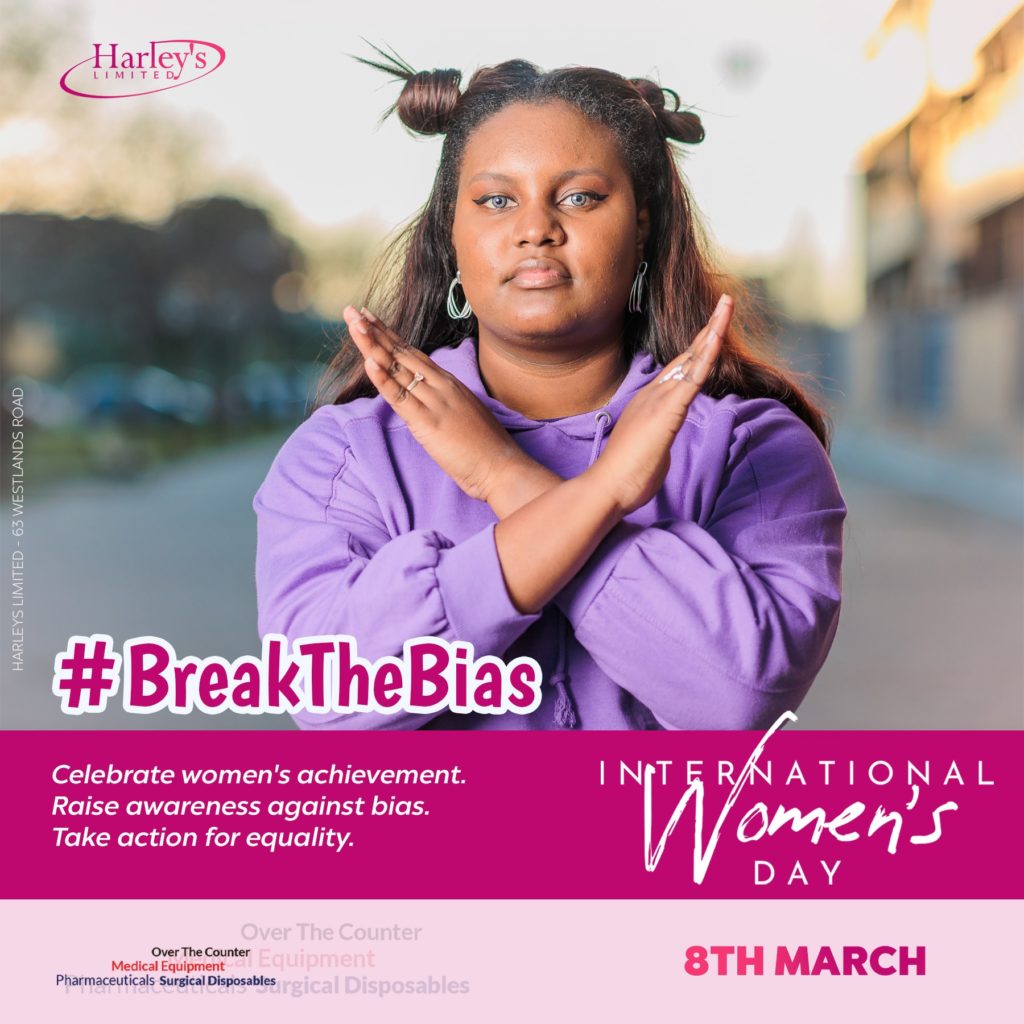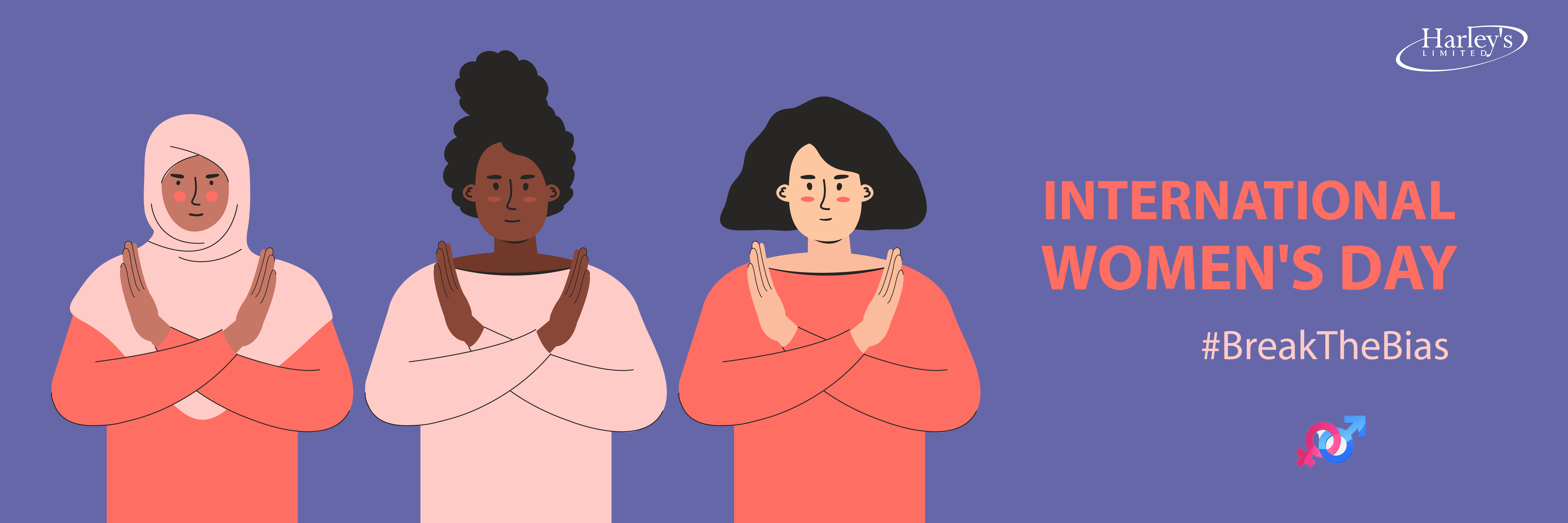For eons, the workplace has seen a myriad of social injustices such as the gender pay gap, discrimination, and so forth. Discrimination has mostly been based on gender, sexual orientation, race, age, physical and mental disabilities, pregnancy, and religious beliefs. According to Article 27, section 4 of the Constitution of Kenya, “The State shall not discriminate directly or indirectly against any person on any ground, including race, sex, pregnancy, marital status, health status, ethnic or social origin, color, age, disability, religion, conscience, belief, culture, dress, language or birth.”
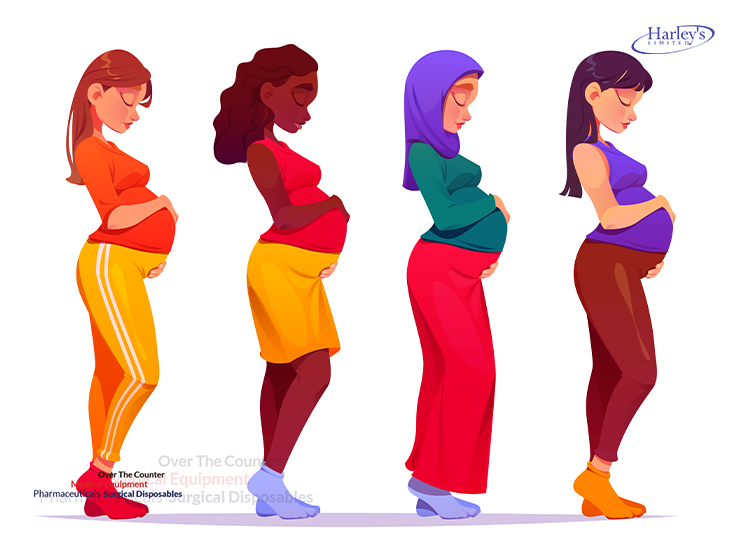
So when people talk about taking a stance against discrimination and achieving equality, what does it really mean in the context of the workplace?
Equal Opportunity For All
Equal opportunity in the workplace means that individuals are treated without bias, especially as it applies to gender, race and age. Employment laws in Kenya, for instance, are meant to be gender-neutral meaning they protect female workers from male chauvinism and other forms of discrimination, and vice versa.
It is therefore important for the HR departments in organizations to ensure that all hires, downsizing, and other employee relations follow the regulations in place.
Equal Pay
The Constitution of Kenya acknowledges the right to equal remunerations. In fact, the Employment Act of 2007 recommends every employer to make sure that men and women are paid equally for work of the same value.
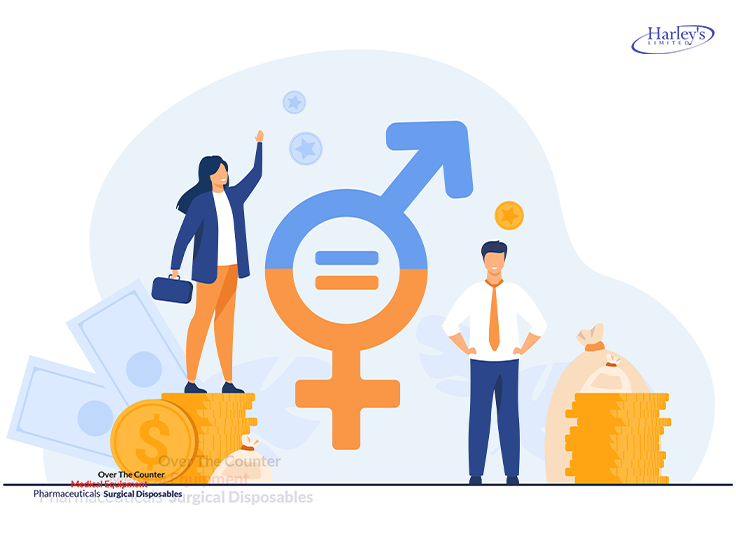
Maternity and Paternity Leave
New mothers are entitled to 90 days maternity leave, while fathers will have 14 days paternity leave. During this period, employers are required to pay them in full according to Section 29 of the Employment Act, 2007.
Having these laws in place protects the wellbeing of the parent(s)and encourages gender equity at home and at the workplace. After all, this kind of responsibility is no longer deemed to be for women alone.
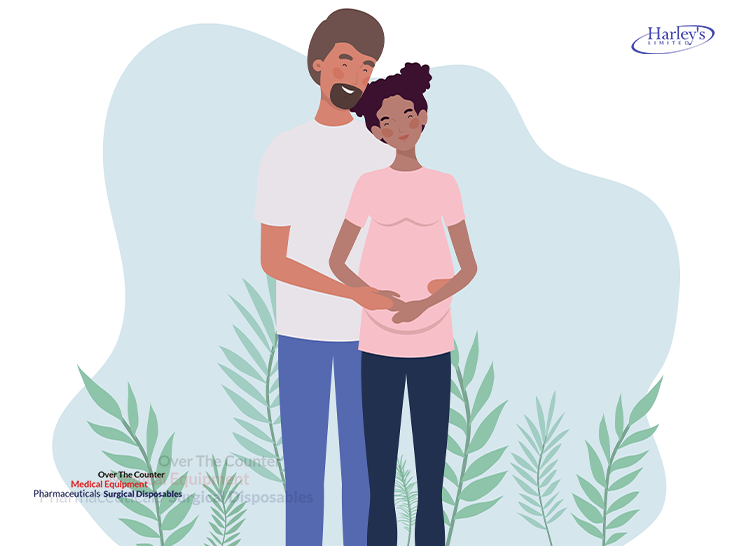
Sexual Harassment
Sexual harassment is referred to any sort of sexual conduct that makes the victim feel uncomfortable including using language (written or spoken) visual, material of sexual nature as well as displaying physical behaviour of sexual nature. Section 23 of the Sexual Offences Act, 2006 has made sexual harassment a crime and punishable by law. The perpetrator is liable to imprisonment for a term of not less than 3 years or to a fine of not less than 100,000 Kenya shillings, or both.
Though the Labor law in Kenya does not propose any actual punishment, employers are still encouraged to take the necessary measures to prohibit such despicable offences.
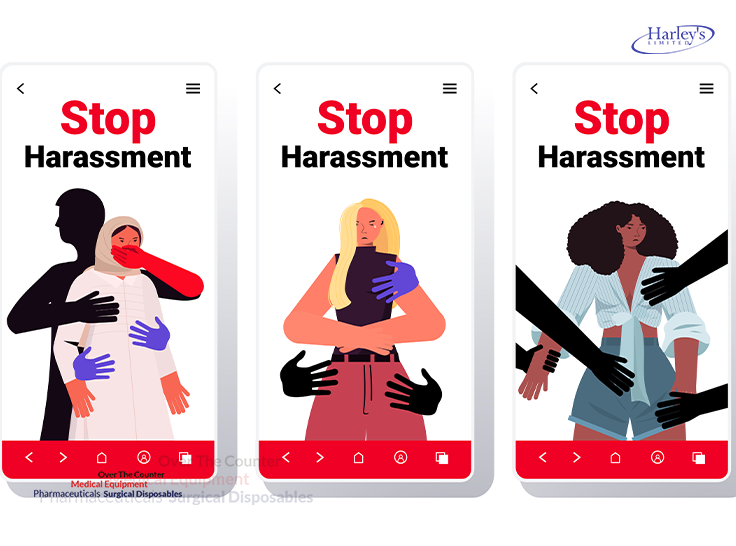
Today, as we celebrate International Women’s Day. Imagine a gender equal world. A world free of bias, stereotypes, and discrimination. A world that is diverse, equitable, and inclusive. A world where difference is valued and celebrated. Together we can forge women’s equality. Collectively we can all #BreakTheBias.
